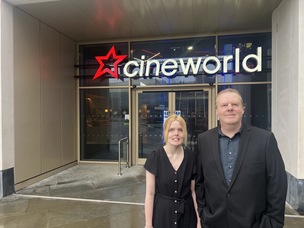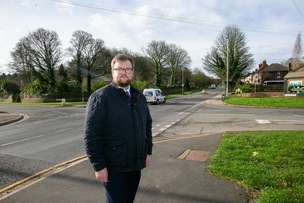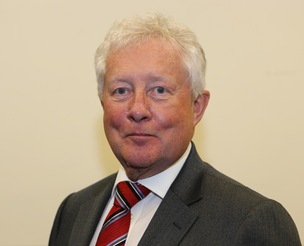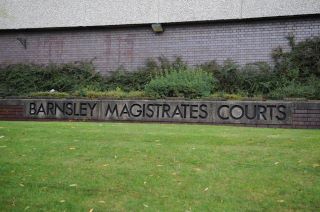CAMPAIGNERS are calling for urgent action to stem the rapid rise of bedsits in Barnsley which they say are blighting communities - especially around the town centre.
The Save S70 group’s ‘Say No to HMO’ campaign centres on a legal route councils have to control the growth in Houses in Multiple Occupation (HMOs) which Barnsley Council has so far declined to take.
There are currently 131 registered HMOs - bedsit-style properties with more than one occupant - in Barnsley, according to council figures.
But this is a number that will continue to rise if Barnsley Council does not take action, says the Save S70 group - a band of residents of the most affected parts of town, who have come together to ask the council for a decision on what it calls a dangerous trend.
The campaign group argues that areas in which HMOs thrive become prone to reports of anti-social behaviour, noise and increased rubbish, and is calling for the council to consider what is known as an ‘Article 4 direction’ - a move which would require planning permission for new HMOs.
Planning permission has not been required since 2010 unless a local order is put in place.
Save S70 member Alan McCormick said the group had been contacted by residents of the most affected areas of town - mainly Kingstone and Gawber - which confirmed HMOs are becoming a concern for people across the borough.
According to Alan, of Park Grove, Kingstone - currently the site of three large HMOs - this is because ‘there’s nothing to dissuade it from happening’.
“It’s clear what happens when nearly every property in an area is turned into a HMO,” said Alan, 57.
“On Park Road there was a drugs raid at one property. There’s been littering outside premises, a lot of noise complaints, parking issues, increased vehicle noise and the nature of people coming and going at all hours.
“It could happen in any property, but the likelihood is increased when somewhere is split into an HMO.”
The 2010 decision to no longer require planning permission for HMOs was intended to benefit areas with severe housing shortages, but it also attracted landlords looking to profit from more rent per property.
A council spokesman said its safer neighbourhood service takes a ‘robust’ approach to the management of HMOs and ensures that such premises are licensed accordingly - but it will not be looking to put an Article 4 direction in place due to the number of HMOs in Barnsley being too low.
The spokesman told the Chronicle the council will be introducing a new team to enforce ‘appropriate legislation’ on properties identified as HMOs, which will become operational in the next few weeks.
“In order to respond to the issue of HMOs, a team has been assembled to deal with shared accommodation and identify where HMOs are across the borough, enforcing the appropriate legislation where applicable,” said the spokesman.
“Our work to date indicates concentrations are not comparable with authorities who have introduced Article 4 direction and are well below the level deemed necessary to justify such an intervention.
“With regards to waste collection, HMOs are provided with the same number of bins and level of service as any domestic household. Where additional bins are required by HMOs, the service becomes chargeable as part of the council’s commercial waste collection service.
“For larger HMOs that require planning permission, we have recently adopted stricter criteria that we are using to assess planning applications. We are also continuing to monitor concentrations of smaller HMOs to establish whether these are high enough to introduce further controls in the future.”
However, Alan accused the council of paying ‘lip service’ to the issue by refusing to put an Article 4 direction in place.
“We are getting very frustrated,” said Alan.
“We’ve been told they need to gather more information before they’re able to put something into practise.
“But the Article 4 direction is all about setting parameters in place so that if these are reached, the planning application can be refused.
“The perception to some people might be that there’s something hidden stopping the council putting the directive in place. But I don’t think there is, aside from simply inactivity.”




























